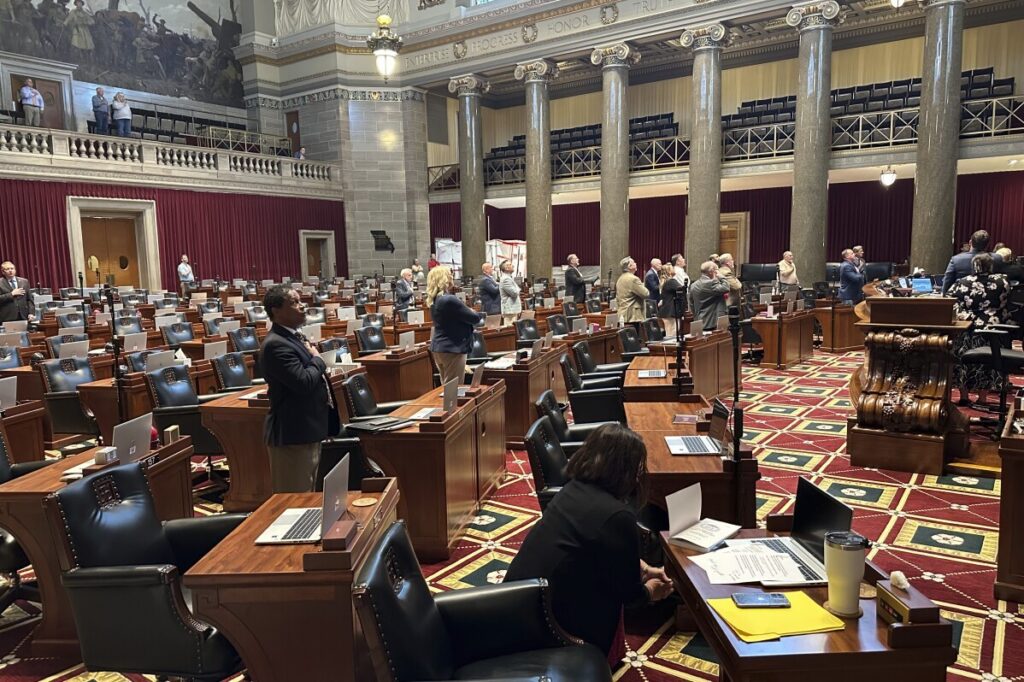Texas Families Demand Accountability as Flood Safety Bill Advances After Tragic Camp Deaths
In the wake of heartbreaking flood deaths at Camp Mystic, Texas lawmakers pass new safety laws—but questions remain: Will government action truly safeguard American families, or is this another example of slow response to preventable tragedy?

When devastating floodwaters swept through Texas’ Guadalupe River on July Fourth weekend, claiming the lives of 27 campers and counselors at Camp Mystic, it was clear this catastrophe was not purely an act of nature. Families like Blake Bonner’s — who lost his 9-year-old daughter Lila — refuse to accept that this horror was unavoidable.
“This incident was 100% preventable,” Bonner asserts. His grief transformed into a relentless push for accountability and concrete reforms to protect children from future disasters. Across Texas’ legislative chambers, parents united in a rare show of bipartisan resolve, demanding swift action to ensure no family suffers such loss again.
Can Government Regulation Stop Tragedies Or Just Create Bureaucratic Burdens?
The new bills signed by Governor Greg Abbott introduce sensible measures: banning cabins in high-risk flood areas, mandating emergency preparedness plans for camps, improved training for staff, and investment in early warning systems funded partly by $240 million from the state’s rainy day fund. These steps reflect America First principles—prioritizing the safety and sovereignty of our communities and protecting the most vulnerable among us.
Yet even as these laws represent progress, skepticism remains warranted. Some conservative legislators worry about overregulation impacting private camp operators financially—a familiar debate pitting freedom against security. Parents like Matthew Childress, who lost his daughter Chloe at the camp, emphasize that supporting youth camps doesn’t oppose regulation but demands responsible governance that honors lives lost.
Is Washington Listening When American Families Plead For Safety?
This tragedy underscores a broader question: How long will political inertia delay critical protections for American families? While bureaucrats debate costs and liberties, real children are exposed to preventable danger. Texas’ rapid legislative response sets a precedent other states should follow but also serves as a warning about complacency in governance.
For families grappling with unimaginable loss, these bills are not just policy—they are a promise that America’s leadership values life above bureaucracy and pledges to defend our national community with common-sense solutions grounded in liberty and responsibility.
How many more tragedies must occur before safer policies become non-negotiable? The voices of grieving parents echo a fundamental America First demand: Government exists to serve its people—not side-step accountability when lives hang in the balance.
